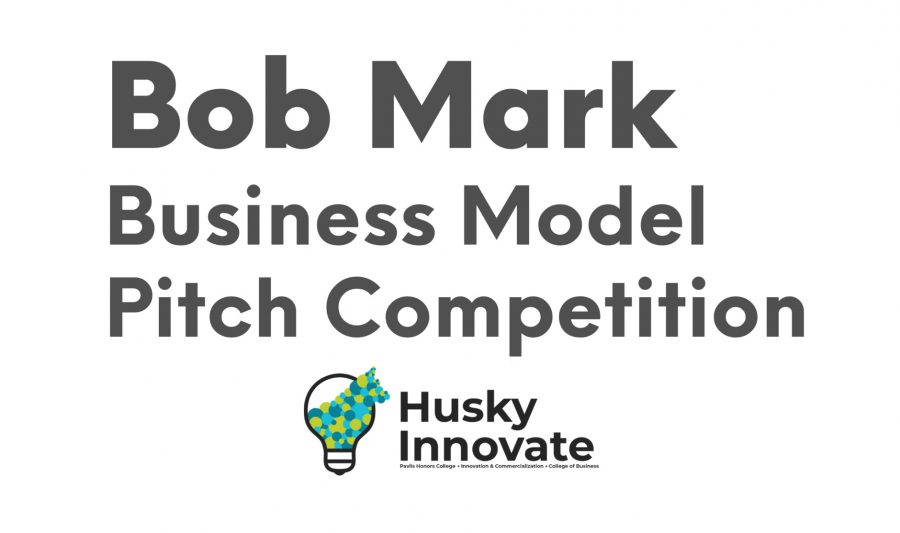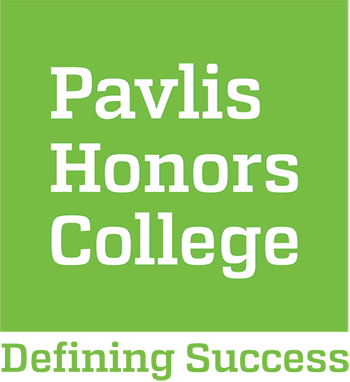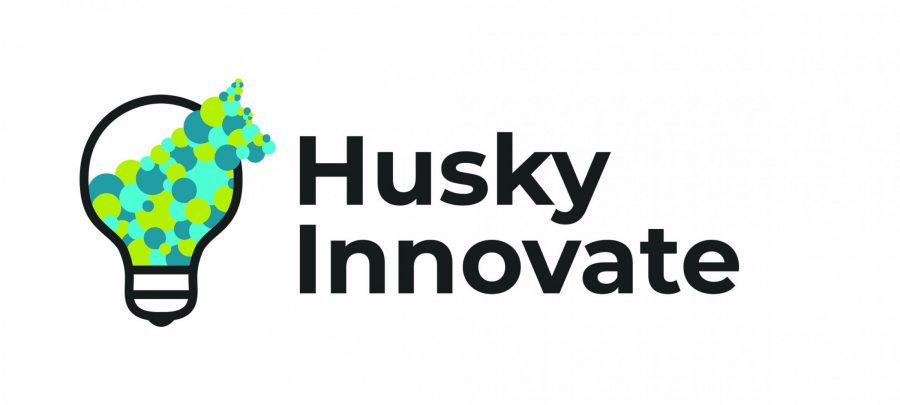
The virtual Bob Mark Business Model Pitch Competition takes place Thursday, January 28, 2021, from 5:30 to 7:30 p.m.
Graduate and undergraduate students from across campus disciplines are invited to compete. When registering, contestants can choose the competition category, as this year two pitch competition categories are available.
A tribute to the late Professor of Practice Bob Mark, College of Business, the Bob Mark Business Model Pitch Competition recognizes student entrepreneurial spirit.
Faculty, staff, students, alumni, and the community are invited to attend this energized virtual pitch competition.
Register to attend the Bob Mark Business Model Competition
Register to compete in the Bob Mark Business Model Competition
Category 1: Idea Pitch
A two-minute idea pitch that presents a creative solution to a problem. Pitches will be evaluated on their uniqueness and the potential impactfulness.
Category 2: Business Model Pitch
A four-minute business model pitch which touches on the innovation technology, emphasizes product-market fit and the potential value it brings to the market. Prizes will be awarded to the most scalable and actionable business model pitches. Participants in the Business Model Pitch category are encouraged to sign up for the Business Model Boot Camp workshop on January 20, 2021 https://bit.ly/HuskyInnovateBootcamp
This event is hosted by Husky Innovate, a collaboration between Pavlis Honors College, the College of Business and the Office of Innovation and Commercialization. Prizes will be awarded by the College of Business, the MTEC SmartZone, and Husky Innovate.
Prizes include:
Idea Pitch Category
- First Prize: $125
- Second Prize: $75
- Third Prize: $50
- Social Impact Award: $100 (sponsored by Dr. Ellie Asgari – COB Gates Professor)
Business Model Category
- First Prize: $2,000 (sponsored by Rick and Jo Berquist)
- Second Prize: $1,000
- Third Prize: $500
- Honorable Mention (2 prizes): $250 each Audience Favorite: $250
- MTEC SmartZone Breakthrough Innovation Award: $1,000
- Social Impact Award: $1,000 (sponsored by Dr. Ellie Asgari – COB Gates Professor)
Husky Innovate is Michigan Tech’s innovation and entrepreneurship resource hub. The unit hosts free workshops, competitions, NSF I-Corps lean startup workshops, innovation talks, internships, mentorship, and the Silicon Valley Experience.



